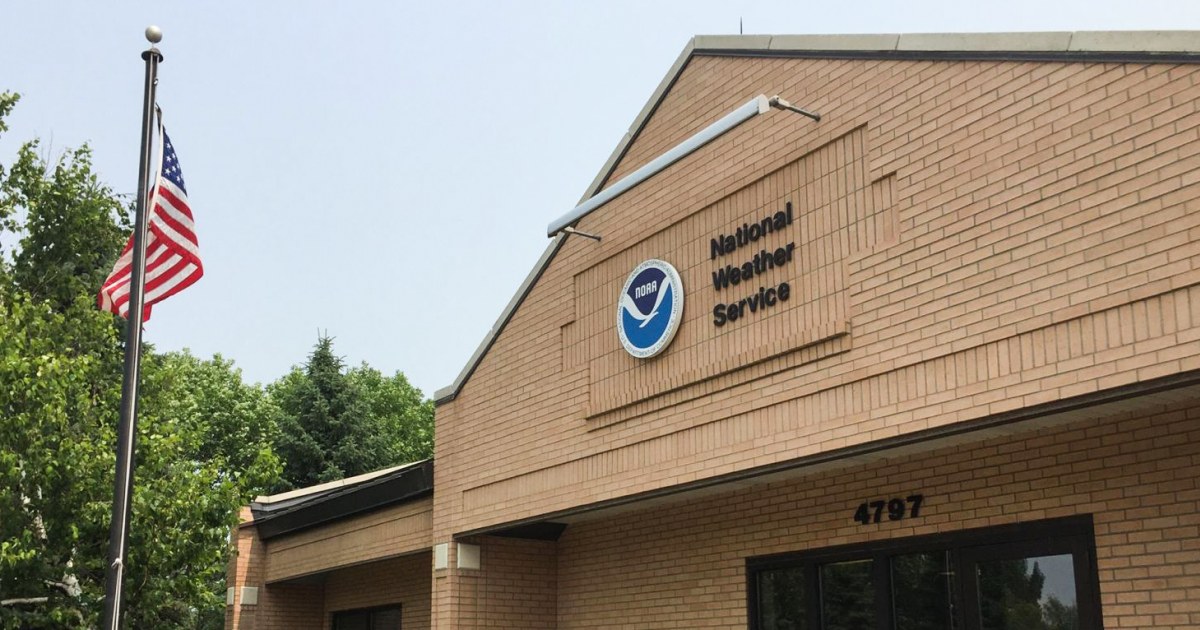Understanding the Impact of Climate Change on Global Food Security
As climate change progresses, its effects on global food security become increasingly apparent. Recent studies indicate that rising temperatures, shifting precipitation patterns, and extreme weather events threaten agricultural productivity worldwide. Experts warn that if current trends continue, millions more people could face hunger, particularly in developing nations.
What Does the Data Show?
A comprehensive report by the Food and Agriculture Organization (FAO) highlights a disturbing trend. According to their findings, global food prices have surged by 30% over the past two years, driven by climate-related disruptions in key agricultural regions. Additionally, projections suggest that by 2050, the world will need to produce 70% more food to feed an estimated 9.7 billion people. This increase must occur amid the escalating impacts of climate change.
Dr. Sarah Thompson, an agricultural economist at the International Food Policy Research Institute, noted, “The intersection of climate change and food security is one of the most pressing challenges we face. We must adapt our agricultural practices to ensure sustainable food production for future generations.”
Shifting Weather Patterns and Their Consequences
One of the most significant effects of climate change is the alteration of weather patterns. Regions that once experienced predictable seasons now face erratic rainfall and prolonged droughts. For instance, parts of Sub-Saharan Africa have reported a dramatic decline in crop yields due to inconsistent rains. The World Bank estimates that by 2030, climate change could push an additional 100 million people into extreme poverty, exacerbating food insecurity.
- Increased drought frequency: Areas like the Sahel are experiencing more frequent and severe droughts, severely impacting local agriculture.
- Flooding: Excessive rainfall and floods can destroy crops, leading to immediate food shortages.
- Temperature rises: Higher temperatures can reduce crop yields of staple foods like wheat and rice.
Multi-faceted Impacts on Vulnerable Populations
Vulnerable populations, particularly in developing countries, are disproportionately affected by climate change. Smallholder farmers, who constitute a significant portion of the agricultural workforce, often lack the resources to adapt to changing conditions. The FAO estimates that approximately 80% of the world’s food is produced by smallholder farmers, making their resilience crucial.
Experts emphasize the need for targeted interventions. “Investing in climate-resilient agricultural practices is essential,” stated Dr. James Lee, a climate scientist at the United Nations. “This can include improving irrigation systems, developing drought-resistant crop varieties, and providing better access to weather forecasting.”
Strategies for Mitigating Food Insecurity
To address the looming threat of food insecurity, a multi-pronged approach is necessary. Various strategies can help mitigate the impacts of climate change on food systems:
- Enhancing agricultural resilience: Implementing sustainable farming practices can help farmers adapt to climate variability.
- Investing in technology: Utilizing precision agriculture and biotechnology can optimize resource use and increase productivity.
- Strengthening supply chains: Improving infrastructure can reduce food loss during transportation and storage.
- Policy reforms: Governments must enact policies that support climate adaptation in agriculture and provide financial assistance to vulnerable communities.
The Role of International Cooperation
Addressing food insecurity in the face of climate change requires international collaboration. Global partnerships can facilitate knowledge sharing and resource allocation. The Green Climate Fund, for instance, aims to support developing countries in their efforts to combat climate change and promote sustainable development.
“No nation can tackle this issue in isolation,” commented Dr. Elena Morales, a researcher at the Center for Global Development. “We need a unified response that includes technology transfer, financial support, and capacity building.”
Future Outlook: A Call to Action
The future of global food security hangs in the balance as climate change continues to escalate. While the challenges are daunting, proactive measures can make a significant difference. By embracing innovative agricultural practices, investing in technology, and fostering international cooperation, the global community can work together to build a resilient food system.
In conclusion, the implications of climate change on food security are profound and far-reaching. It is imperative that governments, organizations, and individuals act decisively to mitigate these impacts. As Dr. Thompson aptly stated, “The time for action is now. If we do not prioritize food security in the face of climate change, we risk the health and well-being of future generations.”
To learn more about how you can contribute to sustainable food practices, visit Sustainable Food Initiative.



